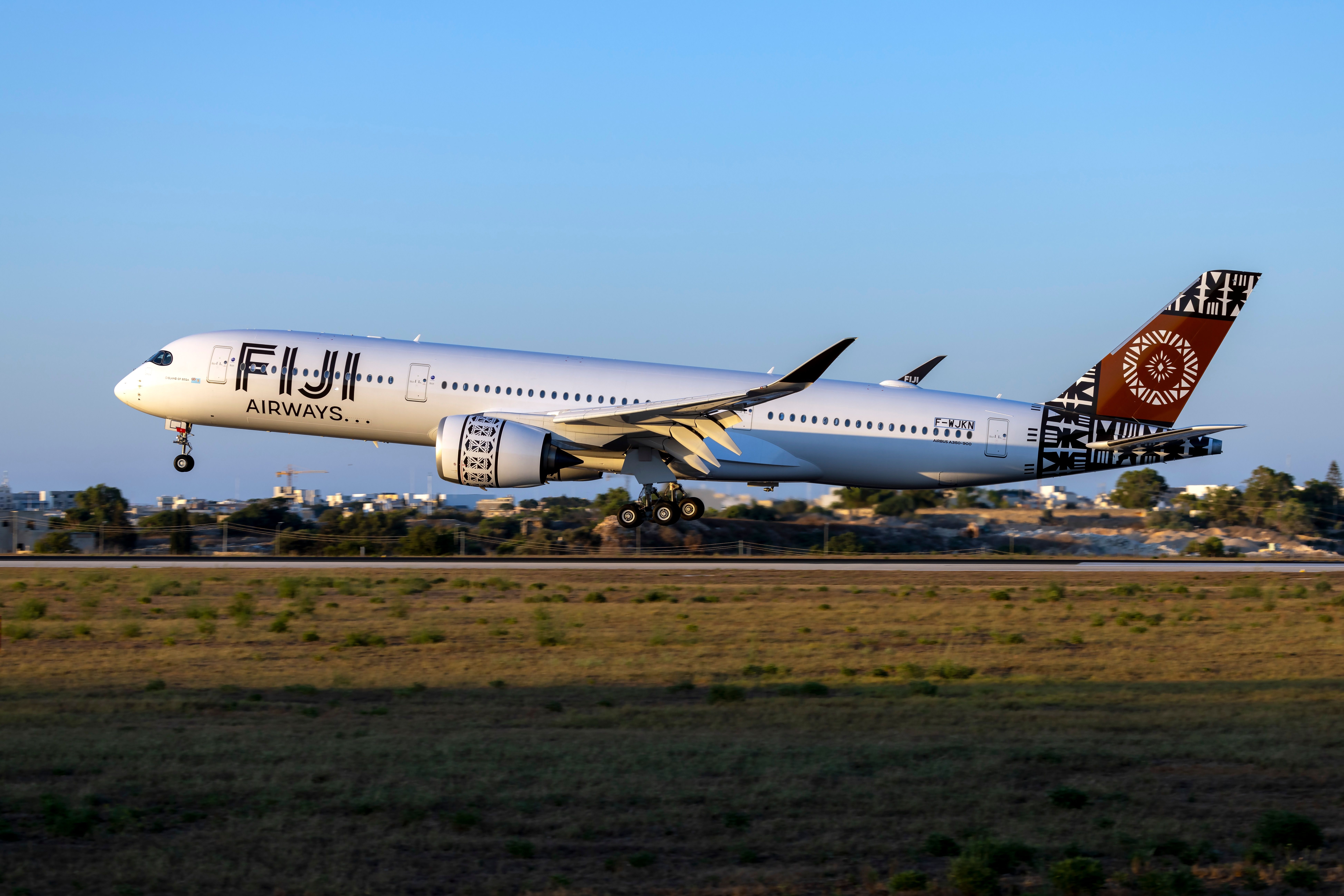Wednesday, August 21, 2024 Inkaterra leads in sustainable hospitality, blending luxury with environmental conservation to set new standards in eco-tourism and nature preservation. Inkaterra has consistently stood out as a pioneer in sustainable hospitality. For numerous years, this Peruvian hotel chain has actively engaged in safeguarding the distinct ecosystems and cultural heritage of its homeland.
Its efforts have led to the conservation of over 24,000 hectares of rainforest and the recent acknowledgment of Machu Picchu as a Climate Neutral Wonder of the World. Inkaterra demonstrates that environmental commitment does not compromise guest satisfaction. This newsletter shines a light on some of their key initiatives and properties.

Preserving Heritage from the Start Inkaterra has committed over four decades to the conservation of Peru’s environmental and cultural assets, enhancing the travel experience for global visitors. The founding family’s profound bond with Peru has been pivotal in fostering a sustainable ethos and support for local communities. Established in 1975 by José Koechlin von Stein, Inkaterra was born from a vision to preserve the stunning diversity of Peru and ignite a passion for the region among travelers.
The Inkaterra Machu Picchu Pueblo Hotel was their initial venture, merging luxury with sustainability in unprecedented ways. Right from its inception, the aim has been to meld tourism with conservation, thereby generating beneficial environmental and social outcomes. Today, Inkaterra stands as a prominent leader in luxury eco-tourism, with six distinct hotels situated in unique natural settings.
Each property embodies the local culture and environment while actively contributing to the conservation of both natural and cultural heritage. Through the Inkaterra Asociación, the group has notably propelled research in biodiversity and climate change, collaborating with academic institutions. In 2011, Inkaterra opened the doors to the Reserva Amazónica, its marquee project.
Dedication to Environmental Stewardship: Rainforest Conservation and Climate Neutrality Initiatives for Sustainable Forests: Conservation and Reforestation Inkaterra has safeguarded over 24,700 hectares of untouched rainforest, crucial for preserving biodiversity and addressing climate change. These conservation areas not only allow visitors to immerse themselves in Peru’s pristine wilderness but also provide valuable research sites for international scientists. For this purpose, Inkaterra established the Amazon Field Station.
In the Machu Picchu National Reserve, the emphasis is on reforestation efforts. Since 2007, nearly one million trees have been planted to gradually rehabilitate the damaged ecosystem and develop a carbon sink. Beyond reforestation, Inkaterra promotes sustainable farming projects that offer local communities alternative income sources, thus safeguarding the restored areas from further deforestation without detriment to the locals.
Machu Picchu Achieves Climate Neutrality Machu Picchu first attained the status of a carbon-neutral destination in 2021 and was successfully recertified in 2024, marking a significant milestone in its conservation journey, significantly influenced by Inkaterra’s efforts. In 2006, UNESCO listed the iconic Inca site as “in danger of extinction,” attributing this to uncontrolled tourist numbers, environmental degradation, and exacerbated erosion due to climate change. In response, Inkaterra collaborated with local communities, environmental groups, and international experts to launch several initiatives.
These included waste management projects that significantly enhanced the quality of local river water. Subsequent measures aimed at reducing the ecological footprint included managing tourist numbers more effectively. Innovative Solutions in Conservation At the heart of these initiatives is a waste management system that not only prevents waste but processes it locally using a circular approach.
Plastic bottles are compressed on-site for bulk transport, while glass bottles are converted into sand at a local facility for construction purposes; organic waste becomes fertilizer, and used cooking oil is transformed into biodiesel. Moreover, the planting of thousands of trees helps prevent soil erosion and mudslides, further protecting this precious cultural landmark. Inkaterra: Fostering Research and Education for Sustainability At Inkaterra, sustainability extends beyond environmental stewardship to embrace the pursuit of knowledge and innovation.
Gaining new insights into the Earth’s ecosystems opens the door to more effective strategies for climate and environmental protection. The Inkaterra Asociación champions scientific initiatives that enhance our understanding of local ecosystems and prioritize their preservation. The findings from these studies are pivotal in shaping sustainable practices across not just the hospitality sector, but the broader travel industry as well.
A key initiative includes the long-term monitoring of bird populations in the Amazon surrounding the Inkaterra Reserva Amazónica. This project offers critical data on species conservation and biodiversity, contributing to global ecological knowledge. Beyond scientific research, Inkaterra places a strong emphasis on environmental education.
It aims to enlighten both local communities and international visitors about the significance of conservation and sustainability, urging active participation. Moreover, Inkaterra provides ongoing training for its hotel staff, ensuring that all team members are well-versed in sustainable practices and apply them in their daily operations. Inkaterra boasts a distinctive and personal history marked by a deep commitment to sustainability and environmental research.
Their endeavors demonstrate how tourism can simultaneously safeguard nature and provide memorable experiences. Over the years, this hotel group has consistently raised the bar in both eco-tourism and luxury tourism while also fostering greater awareness and education in environmental protection and sustainability..



















